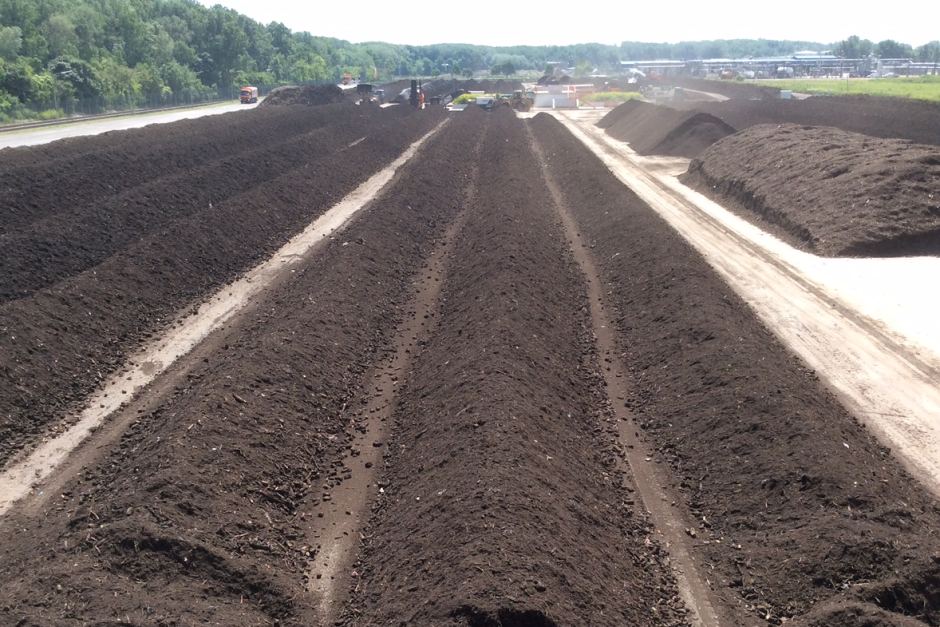A 2015 Churchill Fellowship recipient says his research has shown there is huge potential to generate clean energy from compost.
Gippsland Water agribusiness manager Jono Craven has just completed his fellowship report, titled ‘The Investigation of Effective Recycling of Urban and Agricultural Waste to Provide Positive Outcomes for Agriculture’.
Mr Craven said he adopted the topic to try and work out how to get better agricultural results out of compost. He travelled to Israel, the UK, Germany, Austria, the Netherlands, the US and Canada to research best practice compost production.
“Before I left I saw varying results through the use of compost and certainly saw widely varying qualities of compost, all called one thing,” he said.
“I wanted to see how the other people who work with compost and recycled organics deal with these issues.”
Mr Craven said there was potential to adopt the European practice of integrating of clean energy production in the making of compost.
He said as well as integrating wind turbines and solar panels into composting, the compost itself was used to create energy.
“Through anaerobic digestion they’d be generating their own gas and power requirements and putting it back into the grid,” he said.
A compost facility in Vienna, Austria.
Mr Craven said facilities in Germany and Austria were successful at recycling different waste elements.
“They would take out oversized timber and sell into into bio-energy generation, so they would burn it for energy and the same would happen with plastics,” he said.
“The rocks that came out of recycling would go into road manufacture and food waste would never go into composting because they could generate a higher value return for it through anaerobic digestion an make biomass.”
But Mr Craven said here in Australia, generating energy from compost would rely on increased government support. Mr Craven said Australia should also look at introducing a voluntary industry standard so that farmers could determine higher quality grades of compost. He said there is currently no standard to determine different types of compost and its effectiveness in agricultural production.
“One of the biggest findings is to perhaps look at a voluntary industry standard,” he said.
“We could describe compost and organic wastes into a few different categories so people understand what they may get from them.”
Mr Craven said there was a problem just referring to all organic material as compost.





